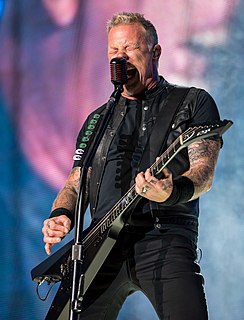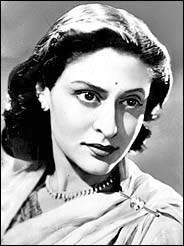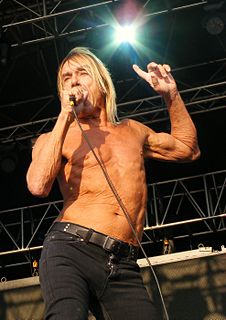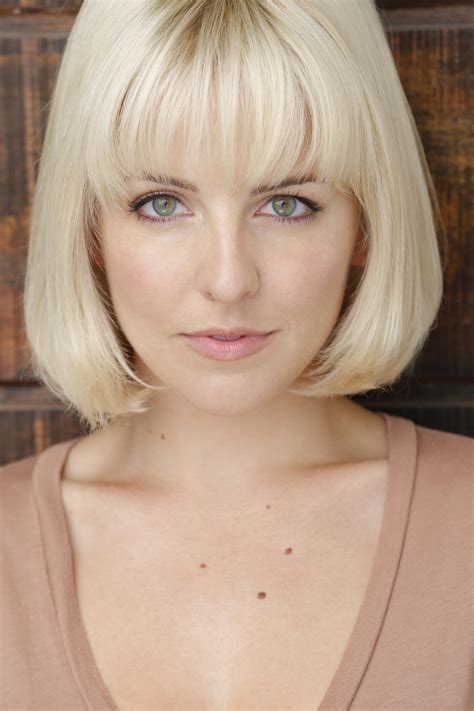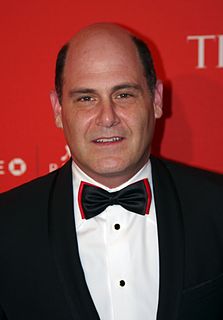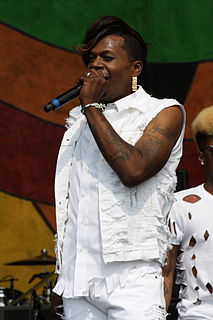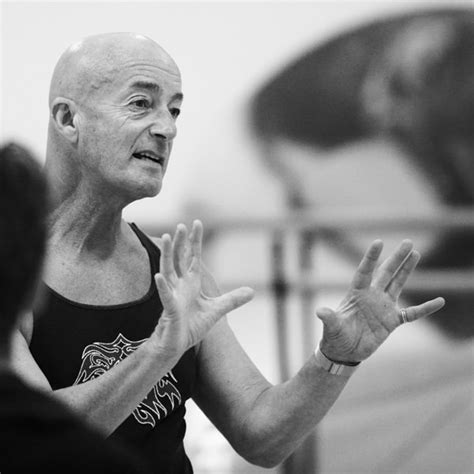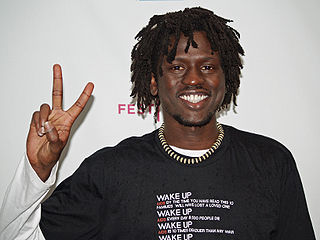A Quote by James Hetfield
I associate times with certain music. It still is that for me. It's telling the story of our lives.
Related Quotes
To those who live by the land there must always come times of hardship, of fear and of hunger, even as there are years of plenty. This is one of the truths of our existence as those who live by the land know: that sometimes we eat and sometimes we starve. We live by our labours fromone harvest to the next, there is no certain telling whether we shall be able to feed ourselves and our children, and if bad times are prolonged we know we must see the weak surrender their lives and this fact, too, is within our experience. In our lives there is no margin for misfortune.
While believing strongly, without evidence, is considered a mark of madness or stupidity in any other area of our lives, faith in God still holds immense prestige in our society. Religion is the one area of our discourse where it is considered noble to pretend to be certain about things no human being could possibly be certain about. It is telling that this aura of nobility extends only to those faiths that still have many subscribers. Anyone caught worshipping Poseidon, even at sea, will be thought insane.
I like the idea all memory is fiction, that we have queued a couple of things in the back of our minds and when we call forth those memories, we are essentially filling in the blanks. We're basically telling ourselves a story, but that story changes based on how old we are, and what mood we're in, and if we've seen photographs recently. We trust other people to tell us the story of our lives before we can remember it, and usually that's our parents and usually it works, but obviously not always. And everybody's interpretation is going to be different.
I know that telling the story, there are certain events I want to skip, and certain events I want to hit. The time passing allows for - if you're really following people's lives, and this isn't a cartoon - someone gets pregnant, a child will be born, etc. You really don't want to be locked into "Every episode is a month later." The show is very intense to make. There's always going to be some downtime between seasons, and to me, it really helps to come back to the next season in the reality of that world, and have almost as much time passed in their lives as has passed in yours.
To me who dreamed so much as a child, who made a dreamworld in which I was the heroine of an unending story, the lives of people around me continued to have a certain storybook quality. I learned something which has stood me in good stead many times - The most important thing in any relationship is not what you get but what you give.
